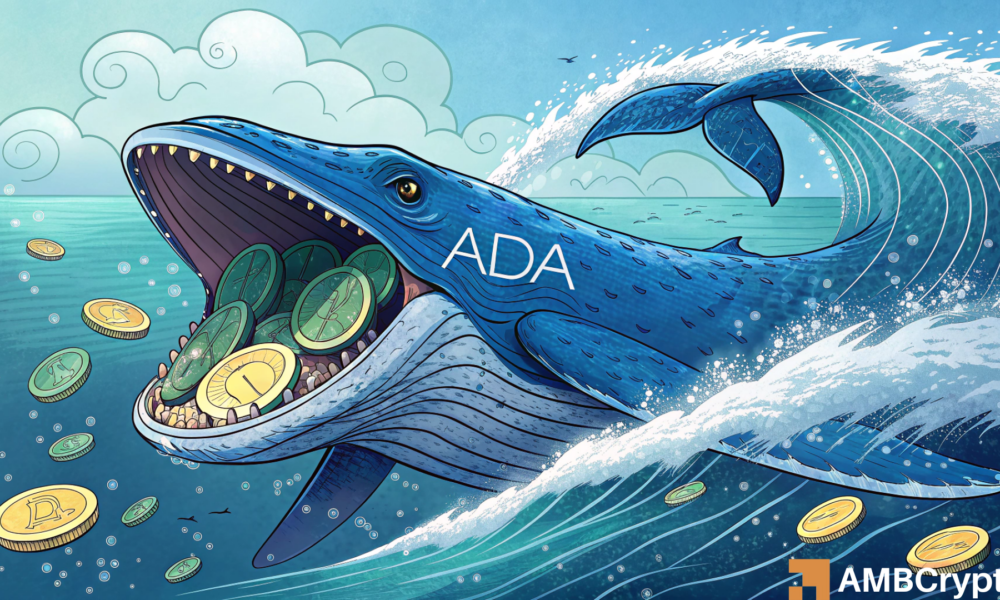Bitcoin: Preserving Accessibility and Decentralization
As Bitcoin gains recognition as a potential national reserve asset, the crypto community must ensure it remains accessible to the public and true to its decentralized roots.
Bitcoin, the world’s most famous cryptocurrency, has been making headlines lately for a new reason: some countries are considering adding it to their national reserve assets. This newfound recognition is a significant milestone for Bitcoin and the entire crypto community. However, as Bitcoin continues to gain mainstream acceptance, it is crucial to ensure that it remains accessible to the public and stays true to its decentralized roots.
One of the key reasons why Bitcoin has gained so much popularity is its decentralized nature. Unlike traditional currencies that are controlled by central banks, Bitcoin operates on a peer-to-peer network without the need for a central authority. This decentralization is what gives Bitcoin its unique value proposition and makes it resistant to censorship and government interference.
Ensuring Accessibility
As Bitcoin gains recognition as a potential national reserve asset, there is a risk that it may become less accessible to the general public. Governments may impose strict regulations on Bitcoin, making it difficult for ordinary people to buy, sell, or hold the cryptocurrency. This would be a significant blow to Bitcoin’s ethos of financial inclusion and empowerment.
The crypto community must work together to ensure that Bitcoin remains accessible to everyone, regardless of their financial status or background. This could involve advocating for regulatory frameworks that protect the rights of individual Bitcoin users and promote innovation in the cryptocurrency space.
Staying True to Decentralization
Another challenge that the crypto community faces is ensuring that Bitcoin stays true to its decentralized roots. As more governments and institutions start to embrace Bitcoin, there is a risk that they may try to centralize control over the cryptocurrency for their own benefit. This would undermine the very essence of Bitcoin and could erode trust in the entire cryptocurrency ecosystem.
To prevent this from happening, it is essential for the crypto community to remain vigilant and proactive in defending Bitcoin’s decentralized nature. This could involve promoting education around the benefits of decentralization, supporting projects that enhance Bitcoin’s privacy and security features, and fostering a culture of transparency and accountability within the cryptocurrency space.
How will this affect me?
As a Bitcoin user, the potential recognition of Bitcoin as a national reserve asset could have both positive and negative implications for you. On the one hand, wider acceptance of Bitcoin could lead to increased adoption and value appreciation, potentially benefiting your investment. On the other hand, stricter regulations and centralization efforts could restrict your ability to use and transact with Bitcoin freely.
How will this affect the world?
The recognition of Bitcoin as a national reserve asset has the potential to have far-reaching implications for the world as a whole. It could pave the way for greater financial inclusion and empowerment, especially in countries with unstable or oppressive regimes. However, it could also lead to increased government surveillance and control over financial transactions, which could undermine privacy and individual freedom.
Conclusion
As Bitcoin continues to gain recognition as a potential national reserve asset, it is more important than ever for the crypto community to uphold the values of accessibility and decentralization. By working together to protect the rights of individual Bitcoin users and promote the benefits of decentralization, we can ensure that Bitcoin remains a powerful tool for financial empowerment and innovation in the digital age.





